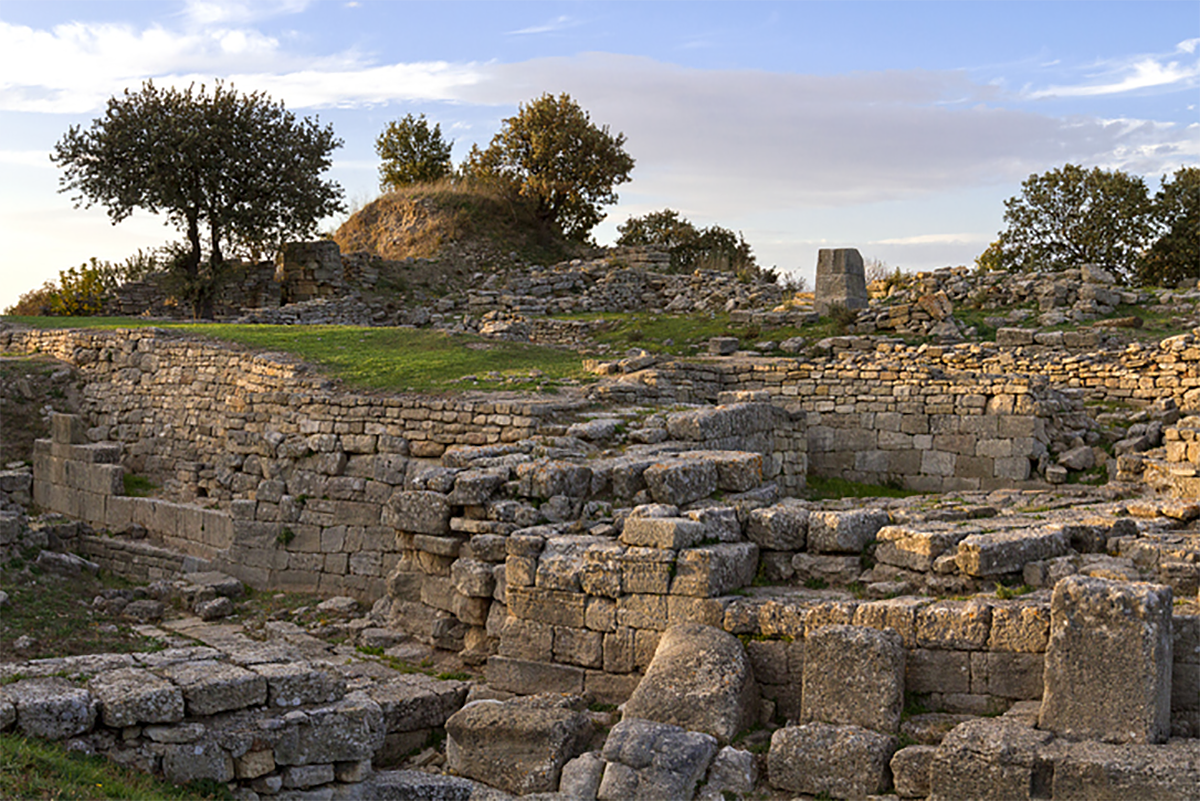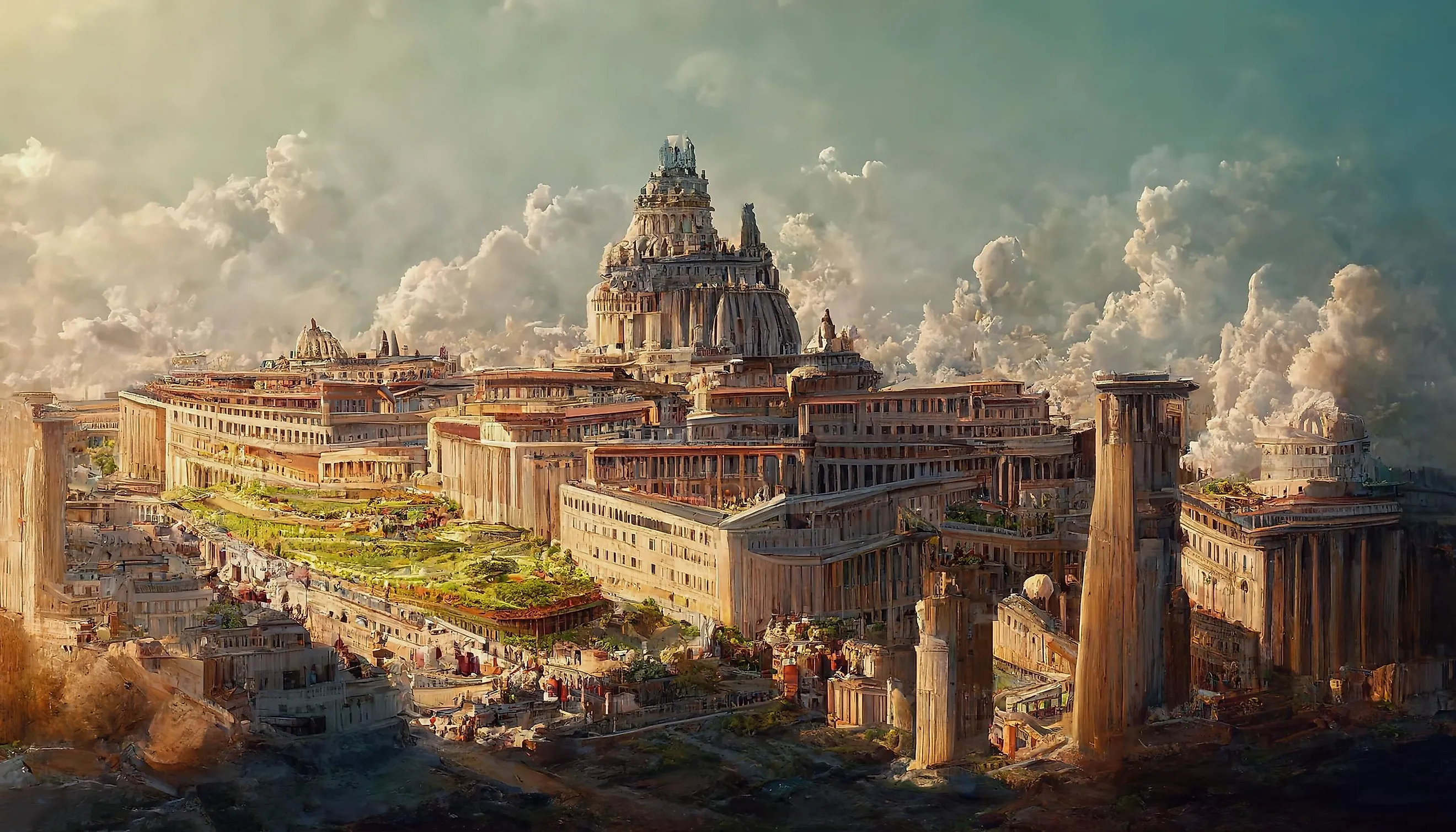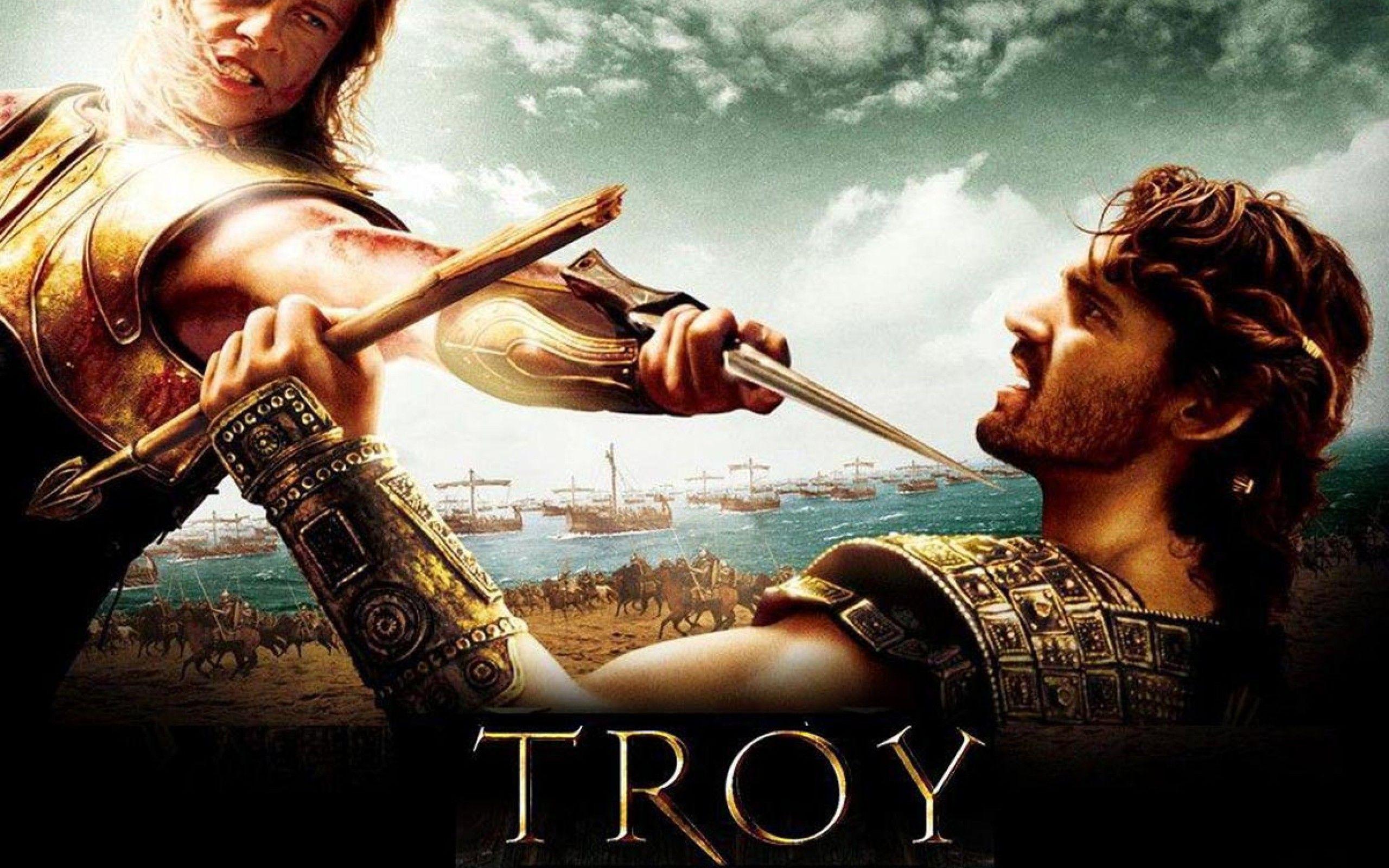Troy Hagwood Obituary: A Journey Into The Ancient City's Enduring Story
When you hear the name "Troy," it very often brings to mind a certain legendary place, a city steeped in myth and history. You know, a search for something like "Troy Hagwood obituary" might, in a way, lead you down a path to discover just how deeply rooted this name is in our collective memory. It's almost as if the name itself carries an echo of ages past, a whisper from a time when heroes walked the earth and epic tales were born. So, while you might be looking for something specific, it’s quite fascinating how a name can open up a whole world of historical exploration.
It's interesting, too, that the word "obituary" typically marks the end of a life, a final chapter. Yet, when we consider the enduring presence of "Troy" in our culture, it feels like its story is far from over. This ancient city, whether in literature or through archaeological finds, still very much lives on. It's a testament, really, to the lasting impact certain places and narratives have on us, even millennia later.
This article isn't about a person's passing, but rather an exploration of the incredible legacy tied to the name "Troy," which is that, a name so powerful it continues to resonate. We'll look at its legendary past, its archaeological reality, and why it still holds such a special place in our imagination today. It's a story that, in some respects, never truly ends.
Table of Contents
- The Legendary City of Troy: A Mythical Heartbeat
- Troy in Ancient Literature and Its Enduring Narratives
- The Archaeological Unearthing of a Historic Site
- Troy as a Crossroads of Civilizations
- The Trojan War: A Story That Shaped Mythology
- Modern Echoes of an Ancient Name
- Frequently Asked Questions About Ancient Troy
The Legendary City of Troy: A Mythical Heartbeat
Troy, or Troíā in ancient Greek, and Trōia in Latin, is truly one of the most iconic cities in history, very much known to the Hittites as Wilusa. It is best known, of course, as the setting for the Greek myth of the Trojan War, a conflict that has captivated storytellers and historians for ages. This ancient city in northwestern Anatolia holds an enduring place in literature and archaeology, its story woven into the very fabric of Western civilization. It's a place that, even now, seems to breathe with the echoes of ancient battles and heroic deeds.
The city's fame, you know, largely comes from its central role in Greek mythology. According to the Iliad, the city was the site of the legendary Trojan War, where Greek forces, led by King Agamemnon, waged a ten-year siege. This epic struggle, filled with tales of gods, heroes, and cunning strategies like the Trojan Horse, has been passed down through generations. It's a narrative that, quite literally, shaped how we think about heroism and conflict.
The archaeological site, too, is open to the public as a tourist destination, allowing visitors to walk upon the very ground where these legends unfolded. It was added to the UNESCO World Heritage List in 1998, recognizing its immense cultural and historical value. So, it's not just a story; it's a tangible place you can visit, a place that apparently continues to reveal its secrets through ongoing excavations.
Troy in Ancient Literature and Its Enduring Narratives
The literary legacy of Troy is, in some respects, unparalleled. It was also the legendary setting for Homer's epic poems, the Iliad and the Odyssey, which are very much mentioned in countless scholarly works and popular culture. These works are not just stories; they are foundational texts that have influenced literature, art, and thought for thousands of years. The characters, the themes of fate, honor, and loss, still resonate deeply with people today, which is quite remarkable.
Immortalized as the setting of Homer’s Iliad, Troy has become synonymous with epic struggle and enduring human spirit. The detailed descriptions of the city, its walls, and the lives of its inhabitants in Homer's work have, in a way, painted a vivid picture in the minds of readers for centuries. It's a powerful example of how literature can shape our perception of history, even when the lines between myth and fact can sometimes be a little blurry.
Beyond Homer, Troy’s story has been retold and reinterpreted by countless writers, poets, and filmmakers. From ancient Greek tragedians to modern Hollywood adaptations, the tale of Troy continues to inspire new generations. For instance, there's that film adaptation of Homer's great epic, which follows the assault on Troy by the Greeks, featuring actors like Julian Glover, Brian Cox, Nathan Jones, and Adoni Maropis. It just goes to show, you know, how these stories keep finding new ways to be told, keeping the spirit of Troy alive.
The Archaeological Unearthing of a Historic Site
The journey from myth to archaeological fact for Troy is, quite frankly, a fascinating one. For a long time, many thought Troy was purely a creation of Homer's imagination. Then, in the late 19th century, Heinrich Schliemann began excavations at Hisarlık in modern-day Turkey, convinced he had found the legendary city. His work, though controversial in its methods, actually brought Troy back into the tangible world, proving it was a real place, or at least a site that very much fit the descriptions.
The archaeological site itself has revealed multiple layers of settlement, each representing a different period in the city's long history. This layering, you see, provides a unique timeline, allowing researchers to piece together the life and times of the various civilizations that inhabited this strategic location. It's a bit like peeling back the layers of an onion, each one telling a slightly different part of the story, revealing how the city grew and changed over thousands of years.
Today, the site is a UNESCO World Heritage treasure, drawing visitors from all corners of the globe. When you walk among the ruins, you can almost feel the weight of history, the stories of those who lived and fought there. It's a place where the past isn't just something you read about in books; it's something you can touch and experience, a truly powerful connection to ancient times. The ongoing work there, too, continues to uncover more about its past, which is always exciting for historians and archaeologists.
Troy as a Crossroads of Civilizations
Troy's location was, in a way, incredibly important. It lay on trade routes between Europe and Asia, making it a vital hub for commerce and cultural exchange. This strategic position meant that the city was not only wealthy but also a melting pot of different peoples and ideas. You can imagine, can't you, the constant flow of goods and knowledge through its gates, shaping its character over centuries.
Questions of its size, wealth, and status are still very much debated among scholars. Was it a sprawling metropolis, a regional power, or something else entirely? Archaeological findings continue to provide clues, helping us understand its economic significance and its role in the broader ancient world. It's a bit like solving a giant puzzle, with each new discovery adding another piece to the picture of its ancient life.
This position also made Troy a desirable target, contributing to its turbulent history. The very reason for its prosperity was also a reason for conflict, as various powers sought to control its valuable trade connections. So, its geography was, in some respects, both a blessing and a curse, shaping its destiny in dramatic ways, as we see in the epic tales that surround it.
The Trojan War: A Story That Shaped Mythology
The Trojan War, as recounted in Homer's Iliad, is more than just a battle; it's a foundational narrative for Greek mythology and, arguably, for Western literature itself. It tells of Helen's abduction, the gathering of the Greek forces led by King Agamemnon, and the ten-year siege of Troy. This epic conflict, you know, is filled with dramatic turns, divine intervention, and acts of both incredible bravery and profound betrayal.
Characters like Achilles, Hector, Odysseus, and Helen have become archetypes, representing different facets of the human condition. Their struggles, their loves, and their fates are explored with such depth that they still resonate with us today. It’s a powerful reminder, really

Introduction | Interactive Map Troy

Where Was Troy And What Happened To It? - WorldAtlas

Troy Movie Wallpapers - Top Free Troy Movie Backgrounds - WallpaperAccess